
This autumn, the 2023 Maritime Guangdong Young Director Support Program (Maritime Guangdong Program), organized by the Yangcheng Evening News Group, held a film festival for screening in Malaysia. Over three consecutive nights, the world premiere of ten short films in Lingnan dialects supported by the program took place in Kuala Lumpur, including "Bring Him Back", "Swimming Lesson", "Reunited", "The Puppetmaster", "Migratory Bird", "My Brother", "The Returning Island", "How Can I Rid My Mind of Her", "Fantasy Blues of 'Gua Ling' " and "The River That Holds My Hand".
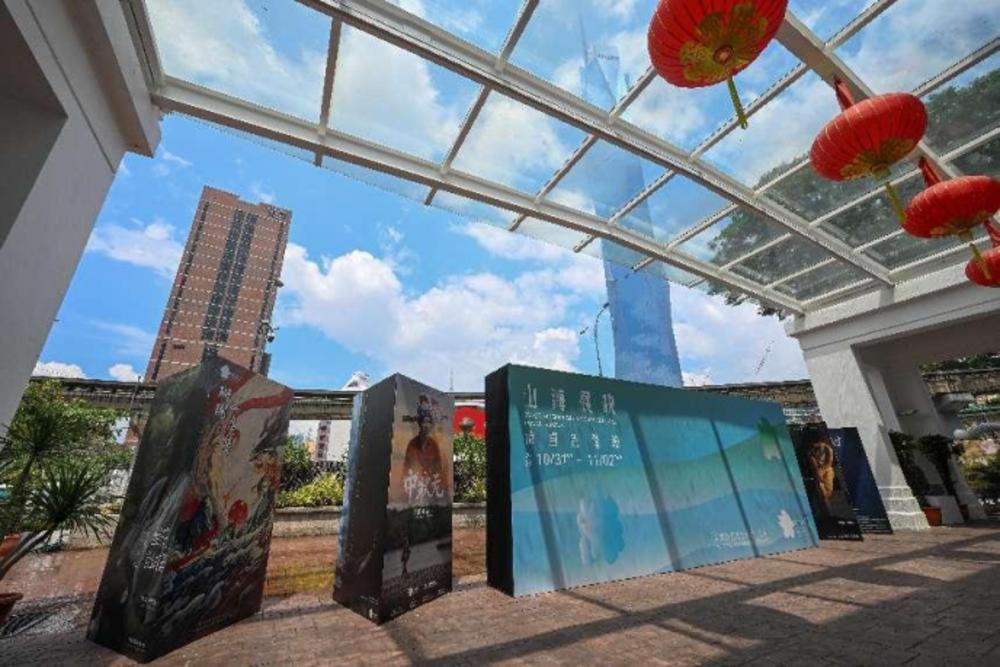
The young Chinese directors from the Maritime Guangdong Program traveled to Kuala Lumpur to engage in face-to-face exchanges with Malaysian audiences. With shared blood ties and familiar languages, the hearts of the young people from both places were brought closer together by the visual storytelling, forming a strong connection.
Reviewing in Kuala Lumpur
On October 31st, the film festival officially kicked off in Kuala Lumpur, Malaysia. At the opening ceremony, representatives from the Malaysian film industry, academia, media, and the Malaysian overseas Chinese community leaders gathered with the young directors from the Maritime Guangdong Program to celebrate this cultural exchange event between China and Malaysia.
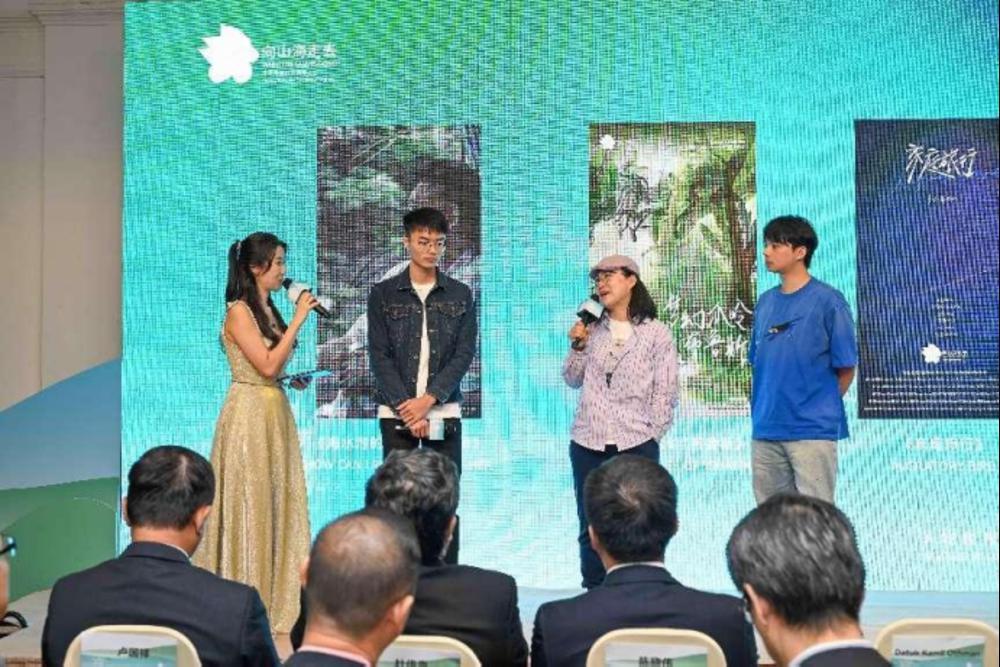
Du Chuangui, President of Yangcheng Evening News, expressed during the opening ceremony that one of the important reasons why the 2023 Maritime Guangdong Program chose Kuala Lumpur as its premiere spot lay in the continuous historical and cultural ties between China and Malaysia. He described this exchange activity as a warm "visit to relatives and friends" and extended an invitation to friends from Malaysia, saying, "Welcome to Guangdong and come to Yangcheng Evening News as our guests."
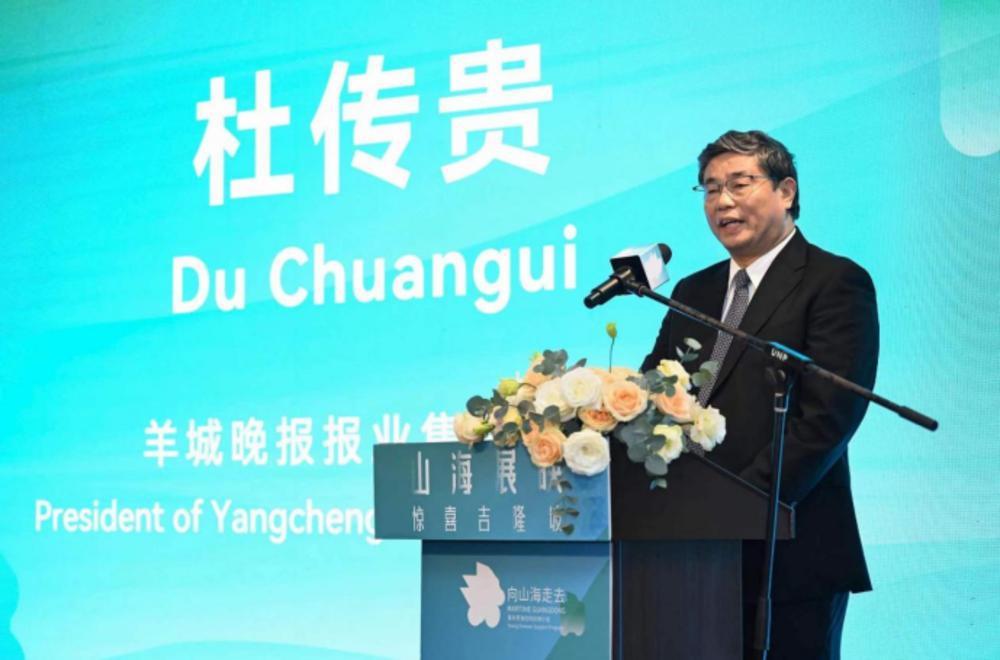
In 2023, China and Malaysia will celebrate the 10th anniversary of their comprehensive strategic partnership, followed by the 50th anniversary of diplomatic relations in 2024. Joanne Goh, Founder and Chairperson of the Malaysia International Film Festival, welcomed the 2023 Maritime Guangdong Program Film Festival at the opening ceremony. She expressed her hope for more latest film works from Guangdong and even China to take a "group visit" in Malaysia, further promoting cultural and artistic exchanges and cooperation between China and Malaysia.
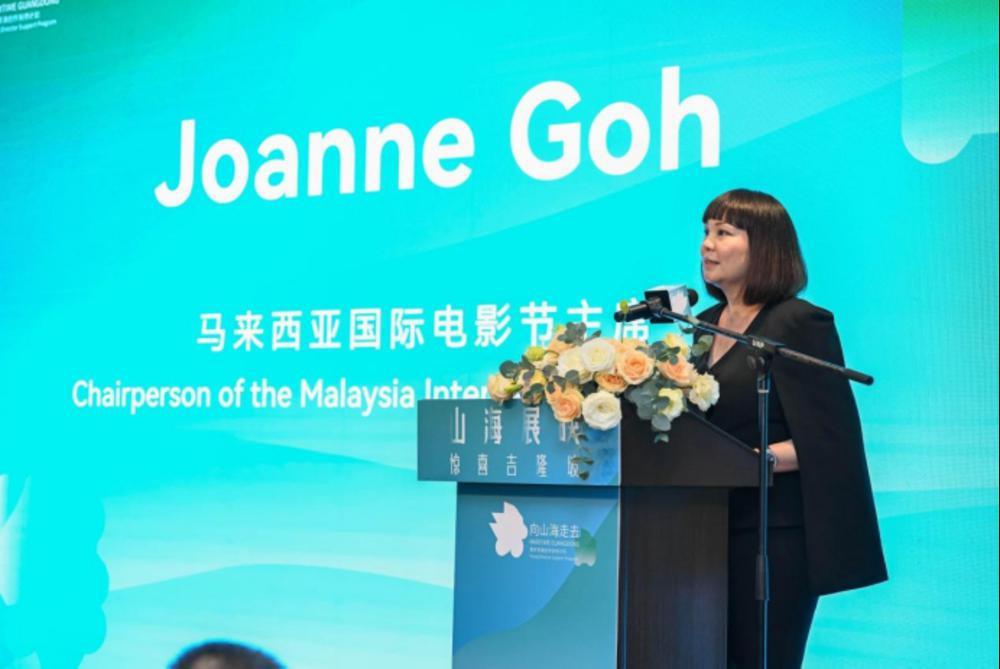
At 8:00 PM on the opening day, the first screening activity in Kuala Lumpur commenced, featuring the films "Bring Him Back", "Swimming Lesson" and "Reunited". Over the next two nights, the films "Migratory Bird", "My Brother", "The Puppetmaster", "The Returning Island", "How Can I Rid My Mind of Her", "Fantasy Blues of 'Gua Ling' " and "The River That Holds My Hand" were presented to the Malaysian audience. Each screening was packed with local filmmakers, Malaysian young Chinese, Chinese students studying in Malaysia, and the young directors engaged in enthusiastic discussions that lasted long into the night, reluctant to part ways.
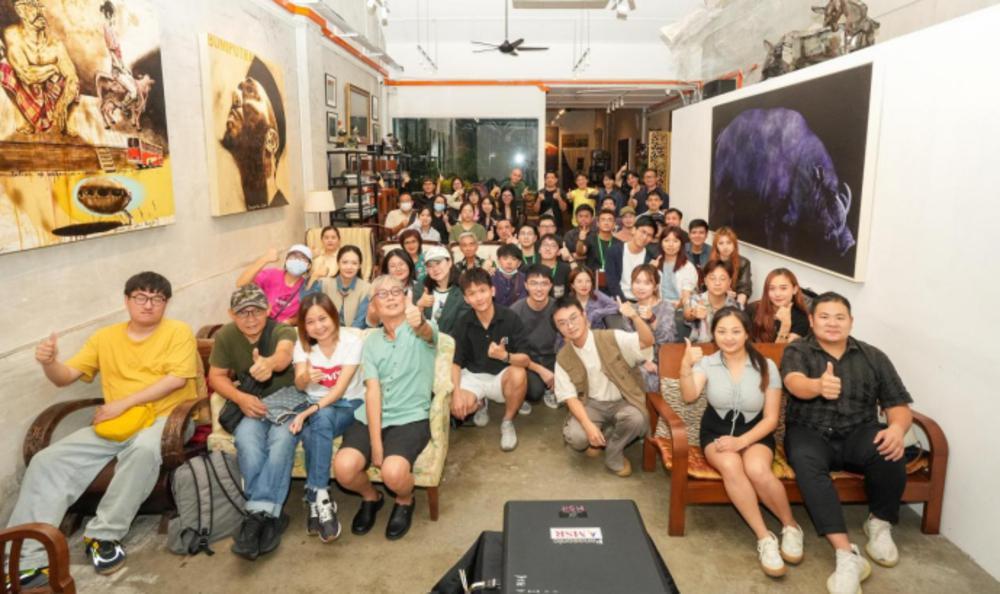
During the visiting in Kuala Lumpur, the directors from the 2023 Maritime Guangdong Program visited some renowned film and television production companies in Malaysia. Both parties engaged in mutual exchanges on various aspects of film and television production and reaped fruitful rewards.
Footprints in Kuala Lumpur
Date: October 31st, 16:00
Venue: Kuala Lumpur and Selangor Chinese Assembly Hall
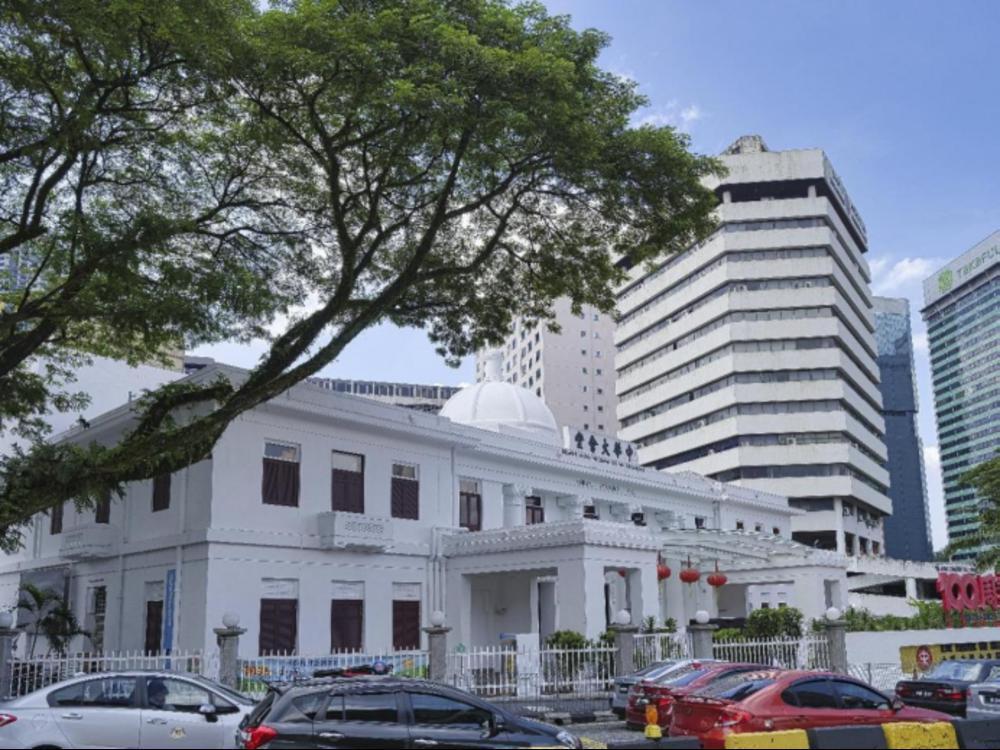
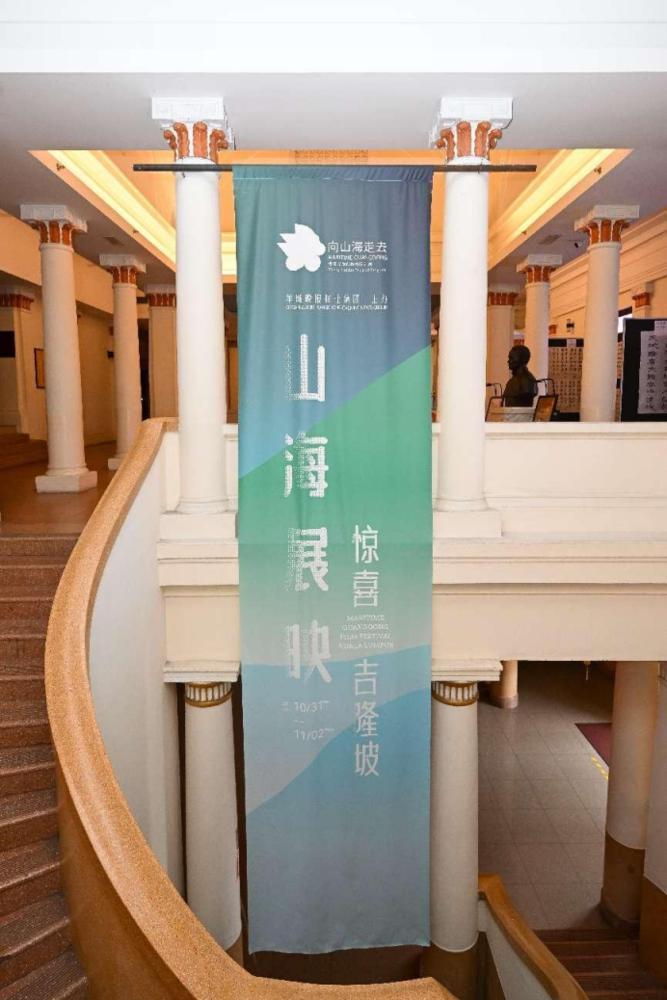
This is the venue for the opening ceremony of the 2023 Maritime Guangdong Program Film Festival. As a symbol of Chinese unity in Malaysia, the Kuala Lumpur and Selangor Chinese Assembly Hall is an important representative institution of the Malaysian Chinese community. Completed in 1934, the building was designated as a national cultural heritage by the National Department for Culture and Arts of Malaysia in 2007.
Date: From October 31st to November 2nd, 20:00
Venue: Petaling Street, Kuala Lumpur
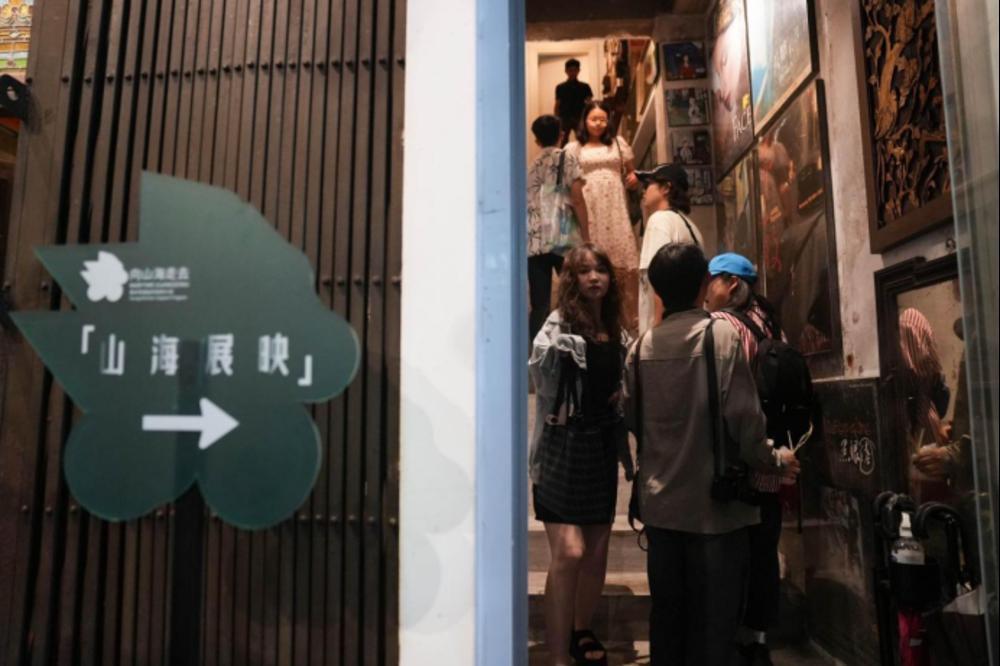
The screening event took place on the famous Petaling Street in Kuala Lumpur. As the oldest district in Kuala Lumpur and a well-known night market in the local area, it exudes a strong Chinese atmosphere. During the Chinese New Year and other traditional Chinese festivals, this street becomes the liveliest place in the entire city.
Date: November 1st, 14:30
Venue: FlyStudio
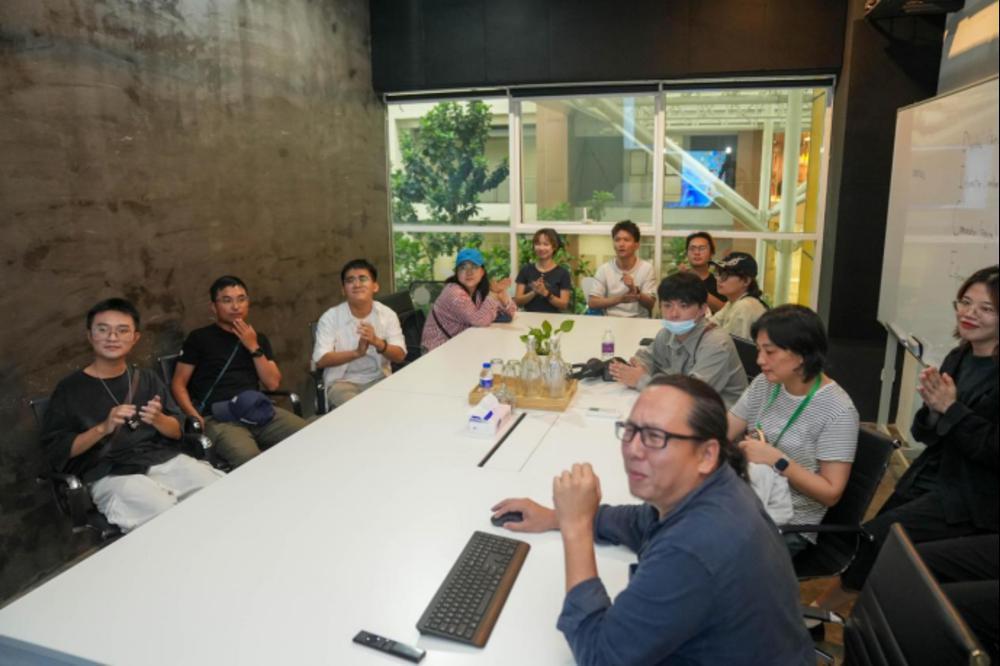
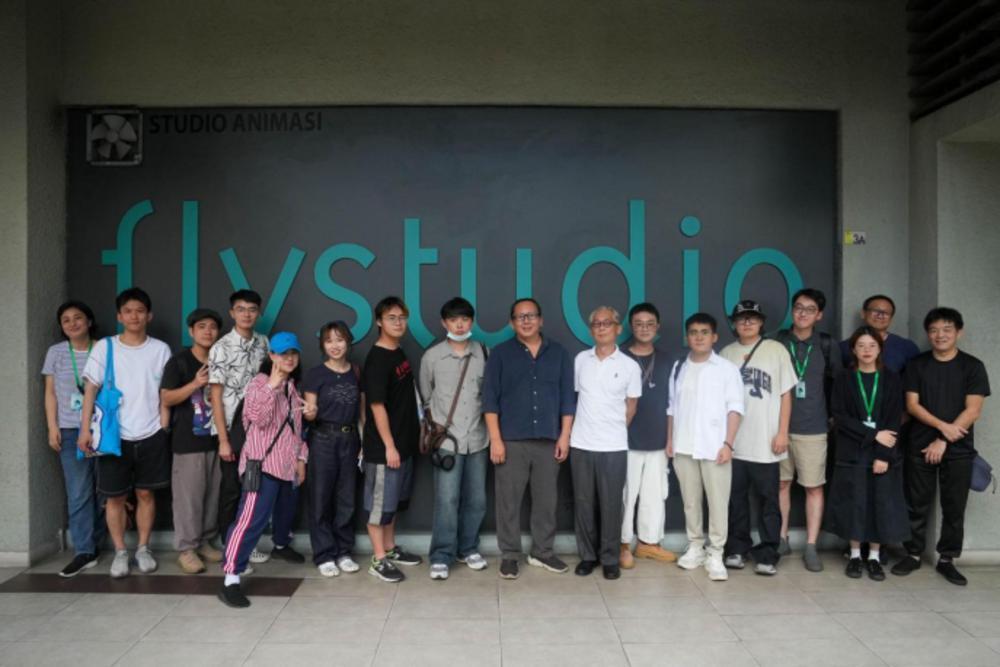
On that day, the directors visited FlyStudio, a leading Malaysian company in the animation, gaming, and visual effects industry, for an exchange and visit. FlyStudio was founded in 2001 and provides comprehensive creative and technical services for film visual effects, animated films, animated television production, advertising, and VR games. FlyStudio maintains a deep cooperative relationship with globally renowned companies such as Netflix and Warner Brothers and has been involved in the production of Chinese-language films and TV works such as "Ne Zha", "Tomb of Sand Sea", "Legend of Fuyao", "Chasing the Dragon" and "Detective Dee: The Four Heavenly Kings".
Date: November 2nd, 14:30
Venue: Iceberg
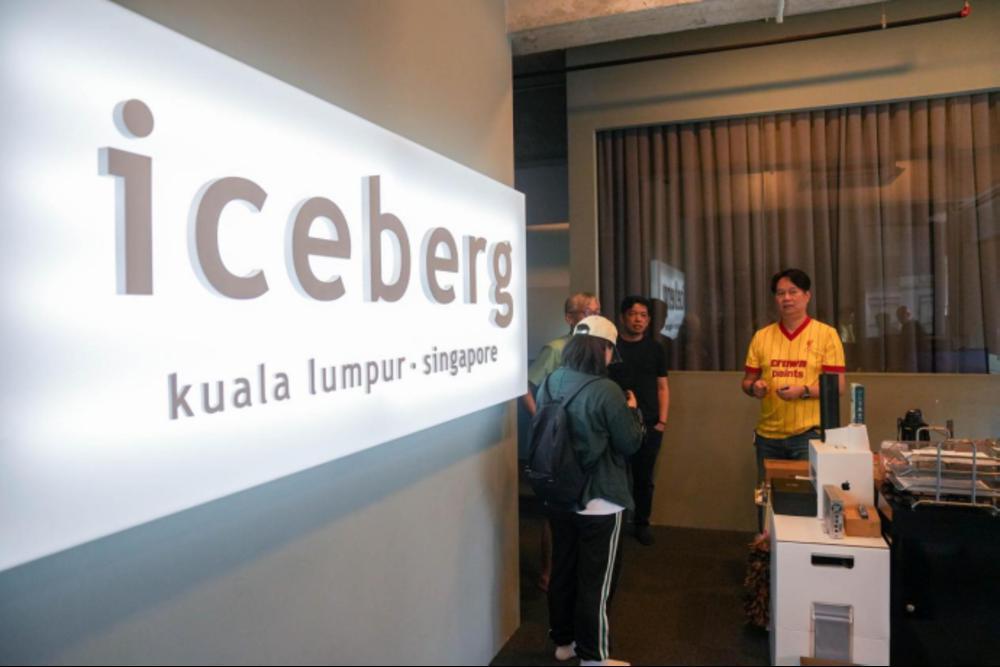
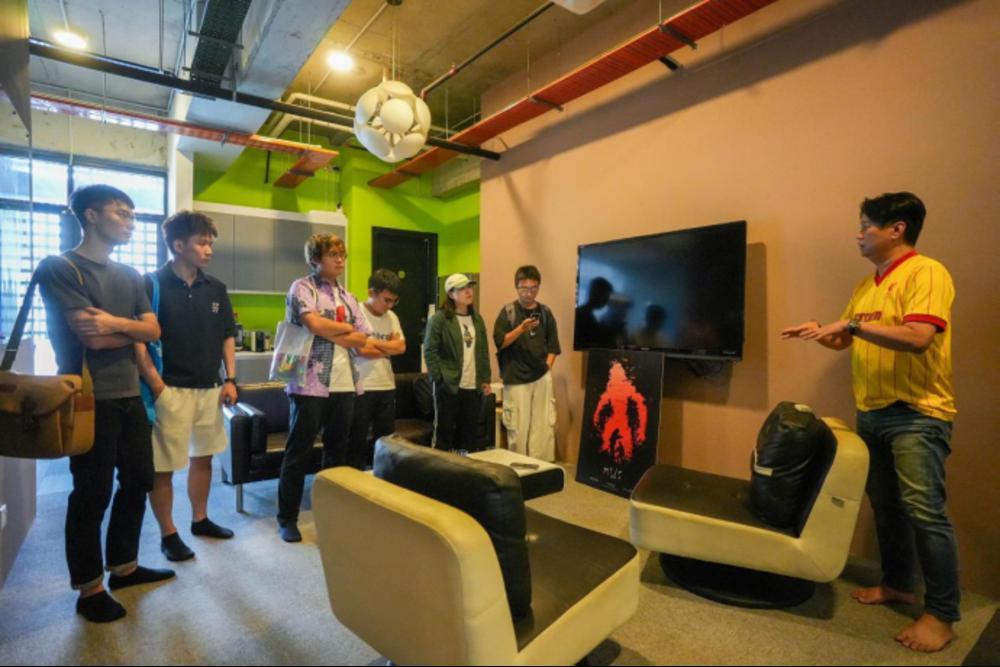
The second stop for the director group in their quest to learn from Malaysia's film and television industry was Iceberg. It is a powerful post-production company that handles various aspects from editing and color grading to visual effects. Its production scope covers feature films and short dramas, along with a post-production VFX team in Poland. At Iceberg, filmmakers from both countries shared their respective workflows and editing techniques.
Voices in Kuala Lumpur
Leaders of the Malaysian community: eager to explore roots in China
Lau Choon Xian, President of The Malaysia Xiang Lian Youth
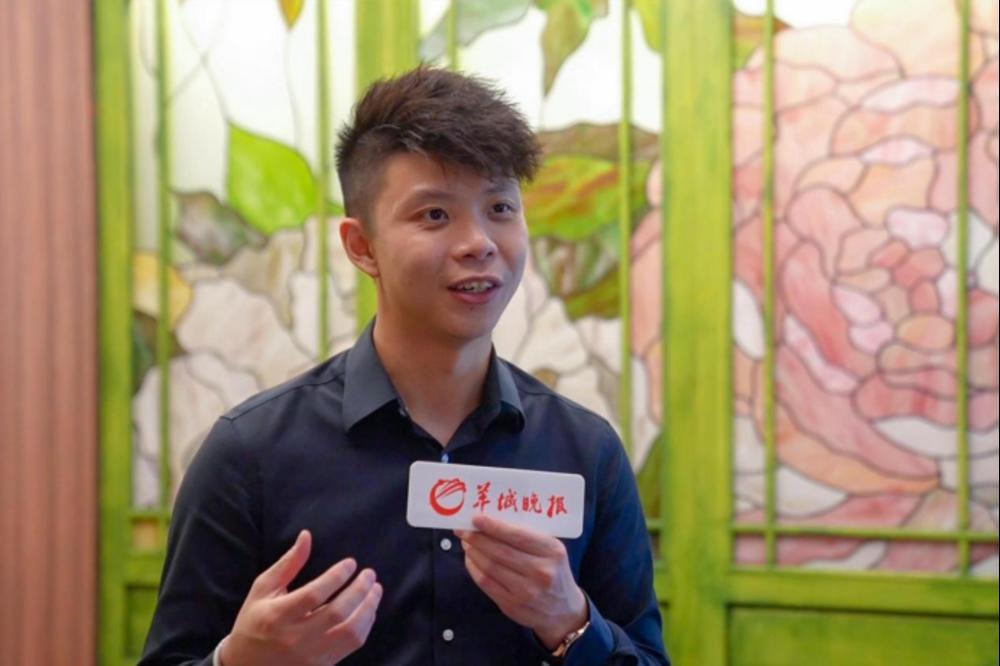
"These films remind us that we should return to China more often to explore our roots. For us, the second and third generation of Malaysian Chinese, it is crucial to establish a connection with our ancestral homeland. Such activities enable closer exchanges and deeper emotional bonds between Malaysian and Chinese youth."
Li Zhiyu, President of the Youth Federation of Hakka Associations of Malaysia:

"Young Chinese directors have emerged brilliantly. It's great to see the talented young people in China having such excellent opportunities to showcase their abilities."
Kuik Cheng Kang , Chief Editor of the Malaysia branch of Media Chinese International and Sin Chew Daily
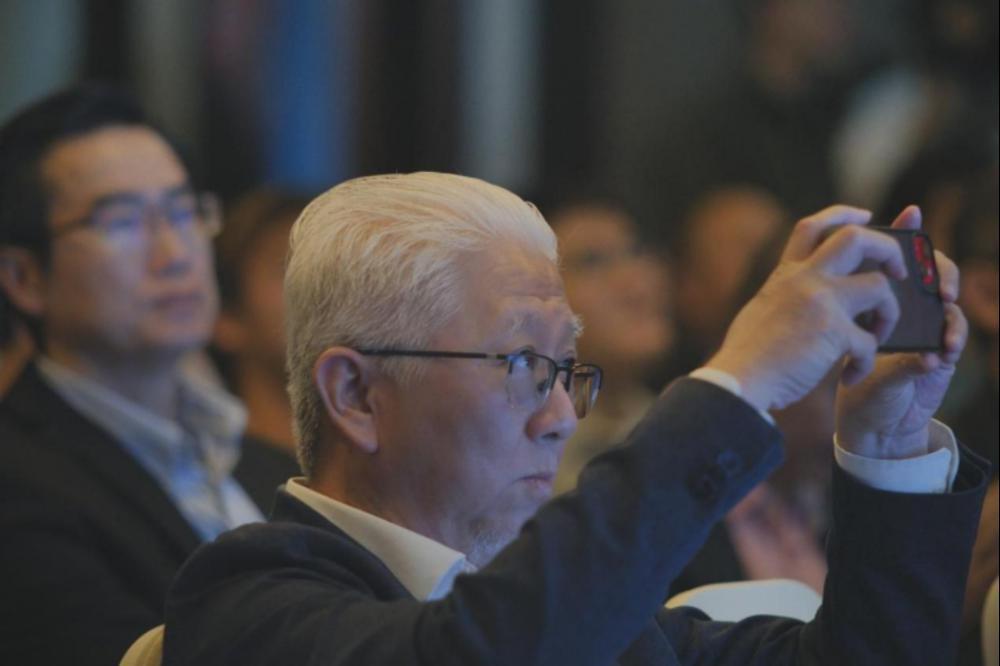
"Familiar local dialects in the short films of the Maritime Guangdong Program have evoked the memories of hometown. Congratulations to Yangcheng Evening News! It was a significant event."
Dato' Lai Tak Kuan, First Vice President of the Selangor and Kuala Lumpur Kwang Tung Association:
"I am touched a lot by the efforts China has made in nurturing young talents. I hope that Malaysian youth will have similar opportunities. I also hope for future cooperation with Yancheng Evening News to facilitate exchanges between China and Malaysia and promote Lingnan culture."
DATO SRI ANG LAI HEE.JP Secretary-General of the Malaysia-China Public Relations Association:
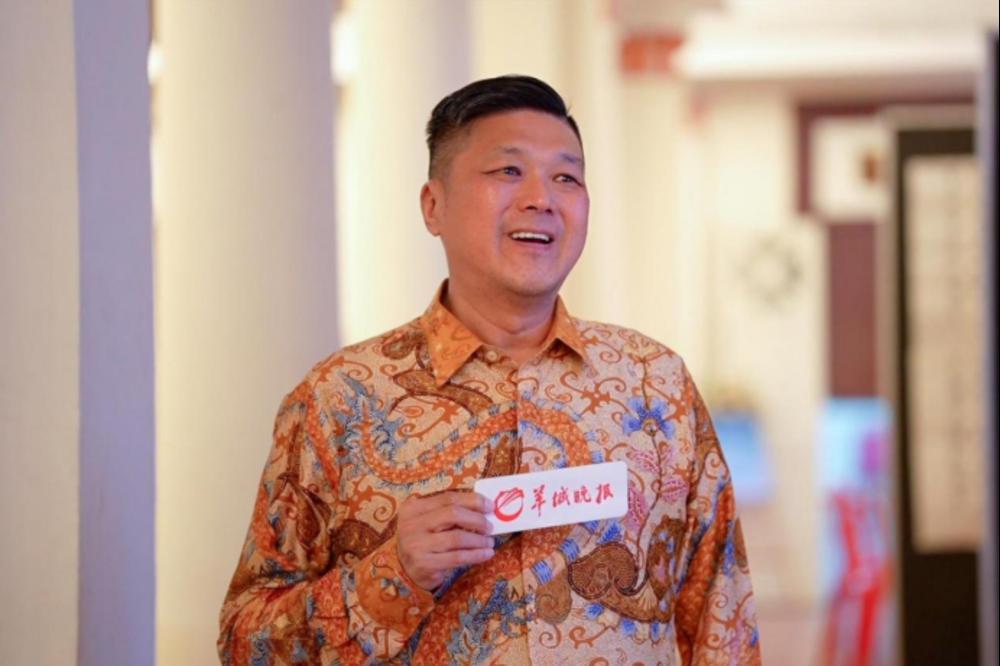
"I am a fourth-generation Malaysian Chinese. Our younger generation has already taken root here, but at the same time, we have a deep love for our ancestral homeland. The better China develops, the prouder we overseas Chinese will feel."
Lim Keh Kuan, President of the Federated Teochew Associations of Malaysia:
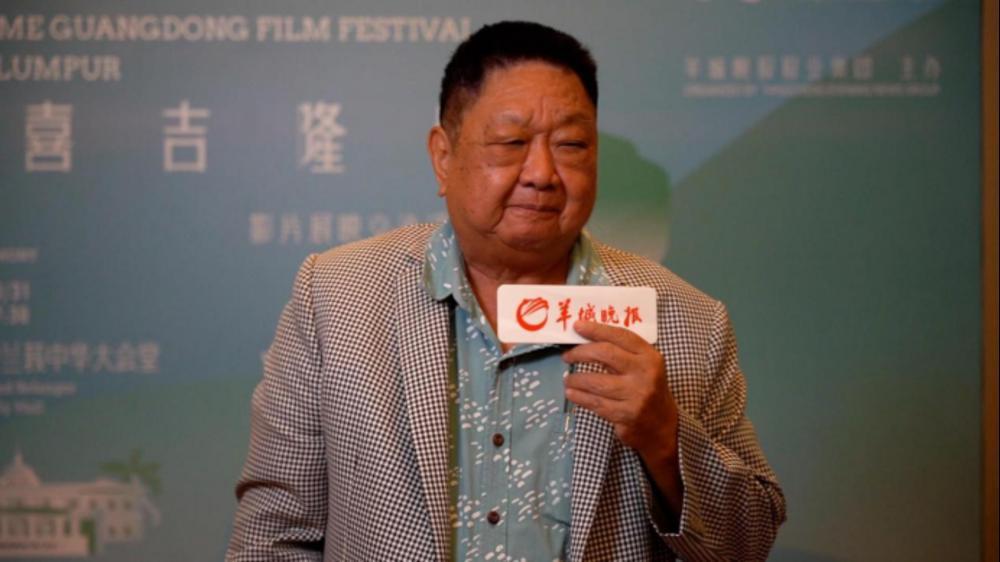
"The Malaysian Chinese community has strong emotional ties to our motherland China, and these stories from our ancestral hometown resonate deeply with us. The spiritual depth showcased in the works determines that "they can be screened even further in a larger market."
Malaysian film industry: embracing a continuum of emotions
Leonard Tee, President of the Chinese Film Association of Malaysia:
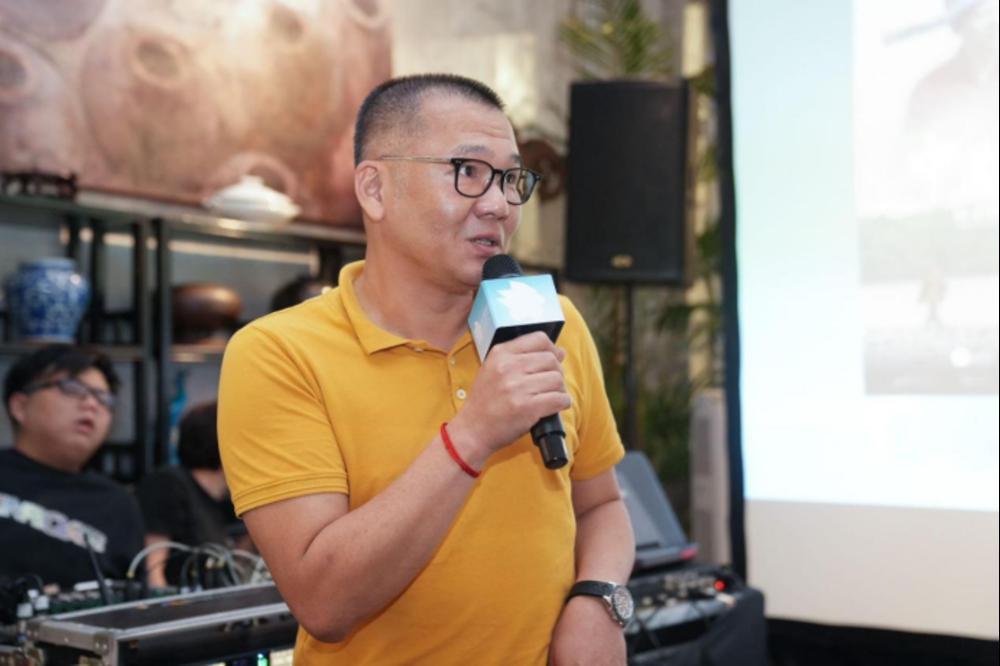
"In every screening film at the Maritime Guangdong Program Film Festival, I've seen an abundance of emotions. Even between these films, I can catch a continuum of their emotions, which has truly amazed me.
As a second generation of Malaysian Chinese, we overseas Chinese individuals each hold a connection to both Malaysia and China. Personally, I take pride in Malaysia and feel proud of China. Many of us Chinese who came to Southeast Asia often bring with us our beliefs and customs from our homeland China, just like how Lei opera in 'The Puppetmaster' follows the overseas Chinese across the sea to a new land. If you have the opportunity to visit different places in Malaysia, you will discover that many villages bear the traces brought by their people from their homelands, and these elements undergo new nurturing and growth in the new land. This is the sense of belonging we Chinese people possess.
I sincerely hope that in the future, the Maritime Guangdong Program can bring these works to different villages and towns in Malaysia, allowing more Chinese people to experience the visual representation of their homeland. These images carry the emotions and memories of generations, and they will undoubtedly be cherished by them."
Chan Yoke Yeng, a renowned Malaysian screenwriter:

"Many of the films screened this time resonated with Malaysian Chinese people, such as the exploration of identity in 'My Brother'. Our ancestors came from China and have struggled in a foreign land for so many years, so why do we sometimes feel like we don't belong here?
In my family, we have a unique situation. My family has been in Southeast Asia since my grandfather's generation, therefore, my father grew up in Malaysia. He is now in his seventies, but for certain circumstances, he has been without proper identification for a long period. So, to which place does he truly belong?
Where are our roots, our language, our sense of belonging? These are the questions that Malaysian Chinese people often discuss. In the films I saw during this screening, I found similar questions and glimpses of answers. Undeniably, there are many interdependencies between our two lands in terms of regional and cultural aspects."
Kelek Teo, Malaysian director and screenwriter
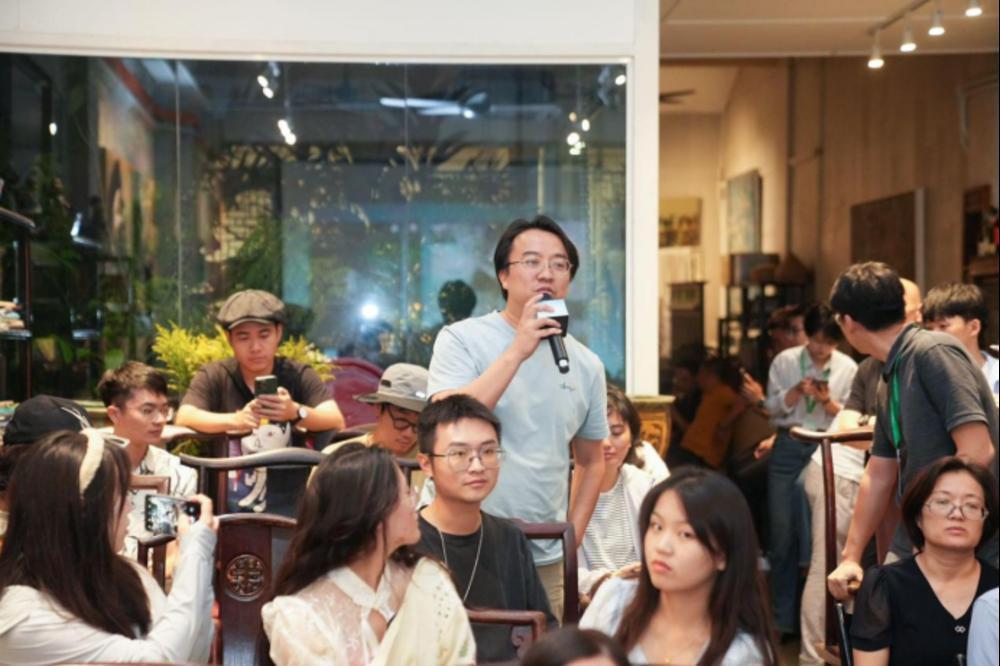
"I am Malaysian and have been working in China for over a decade. This time, I had the opportunity to return to my home country and participate in the 2023 Maritime Guangdong Program Film Festival. After watching these short films, I felt deeply moved.
My father is from Fujian, and my mother is from Chaoshan. 'My Brother' discusses the topic of "what it means to be a Chaoshan person", and I discovered that I also face identity issues. My mother often asks me if I have been to Chao Zhou when I'm in China, and she wonders what it looks like because she has never been back. Although she hasn't returned, she speaks the Chaoshan dialect at home, and we have stir-fried rice noodles for breakfast every day. I told her that I would be back there one day, and when I did, I would capture some footage to show her.
I told Adam Yang, the director of 'My Brother', that if I return to the Chaoshan region this year, perhaps next year, I will bring my own work to participate in the Maritime Guangdong Program. I realized that all creators ultimately return to their most familiar place because it is only there that you can create works with the most intense and unique emotions."
Chinese overseas students: a deeper understanding of blood ties and nostalgia
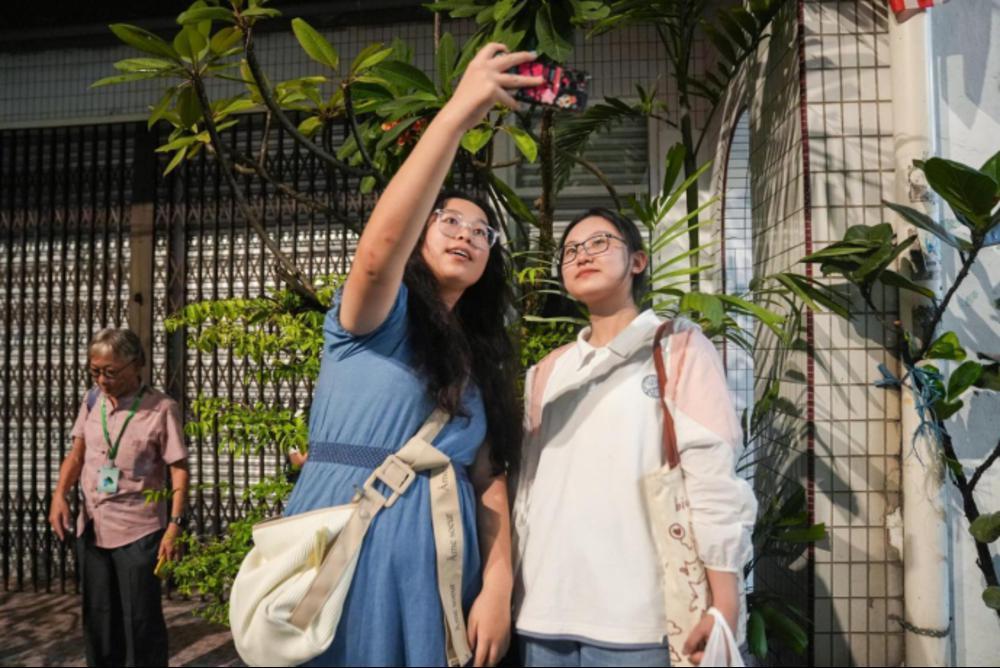
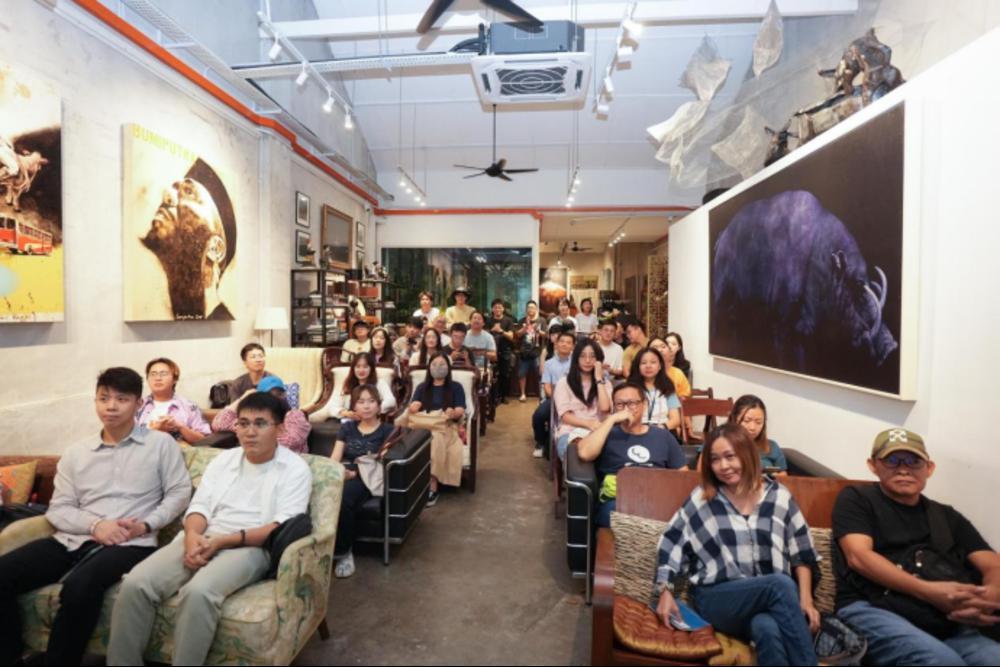
Wu Silu, a student from Xiamen University Malaysia:
"The Maritime Guangdong Program Film Festival showed me how young directors use fresh perspectives to tell stories of history. The four films I saw tonight showcased completely different perspectives, giving me the feeling of a blooming garden of creativity.
These short films are calling cards for Lingnan culture, bringing me a deeper understanding. The nostalgia of the people from Guangdong, their perception of culture, their emphasis on family ties, and their appreciation of history all made me feel something special."
Zhou Xiaonan, a student from Xiamen University Malaysia:
"The biggest impression I got from this film festival is that everyone made excellent films. I was particularly touched by director Canjie Zhuang's "The Returning Island". This film has a distinctive Chinese flavor and even incorporates adaptations of Chaoshan dialect folk songs. The expression of mother-son ties in the film resonated with me and many other viewers.
As a foreign student, I think the choice of these screening films in Malaysia is very meaningful. There is a large amount of overseas Chinese in Malaysia, and dialects such as Teochew and Cantonese used in the film are also commonly spoken here."
Zhang Mengjie, a student from the University of Malaya:
"During my time studying in Malaysia, I often heard stories from my overseas Chinese classmates about how their ancestors came to this land. Watching these short films, I discovered that some of the works were depicting stories that closely resembled those of my classmates' families. It deepened my understanding of the profound sense of heritage that overseas Chinese hold dear.
Among the short films, my personal favorite was 'The River That Holds My Hand'. This film, reminiscent of Jia Zhangke's style, uses small stories to depict significant periods in history."
Gains in Kuala Lumpur
Young Director of the Maritime Guangdong Program: a heart-to-heart exchange
Zhuang Canjie, a Chaoshan native from Guangdong and director of "The Returning Island":
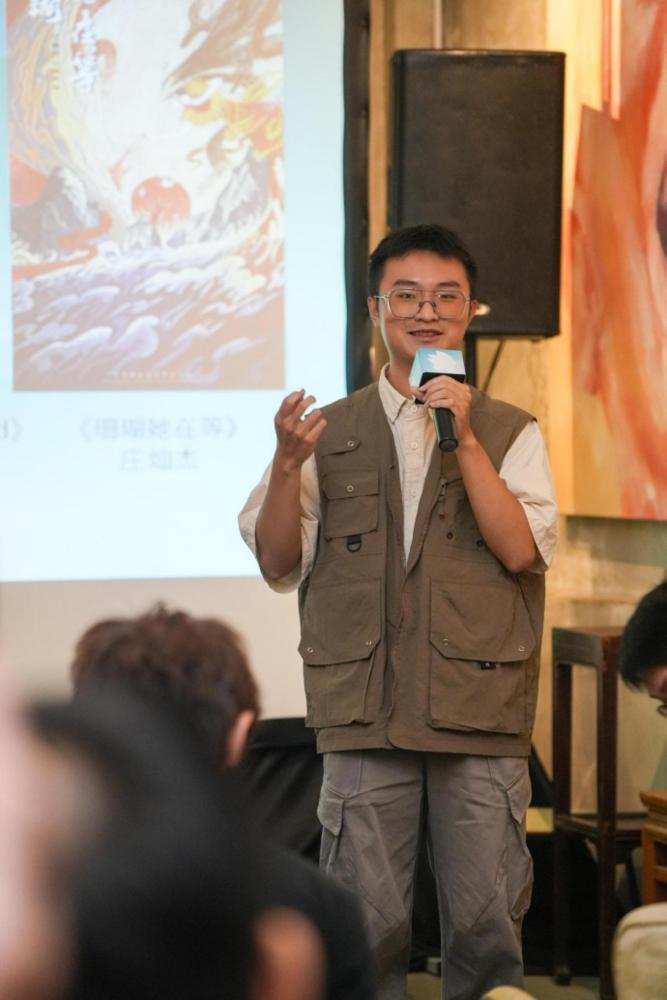
"This is my first time traveling abroad, but I found it easy to communicate with locals. I am a Chaoshan native, and Malaysia has a vibrant community of young Chinese from Chaoshan. With a closely intertwined culture, our shared goal is to preserve our common traditional heritage.
A few years ago, I made a film with a theme related to Southeast Asia, and I referred to many home letters written by those who migrated to Southeast Asia back then. However, it wasn't until I came here and saw their descendants that I finally felt a tangible connection to those stories. I now realize that my previous work was not up to par, and after this experience, I am confident that I will be able to provide better answers on this subject matter.
I would like to express my heartfelt gratitude to the Yangcheng Evening News and the Maritime Guangdong Program. Attending this film festival in Kuala Lumpur has broadened my eyes to the potential of my future creations. Here, I have had the opportunity to meet many talented filmmakers, and perhaps one day in the future, I will have the chance to come to Malaysia and make a film.
I used to believe that Chaoshan films were like 'isolated islands' since there were many excellent works and talented filmmakers who lacked the opportunity to be recognized by the outside world. However, this event being held overseas has given me a new understanding of my previous viewpoint. I will incorporate my new ideas into my graduation thesis."
Deng Huizhi, a Shenzhen native from Guangdong, one of the directors of "Bring Him Back":
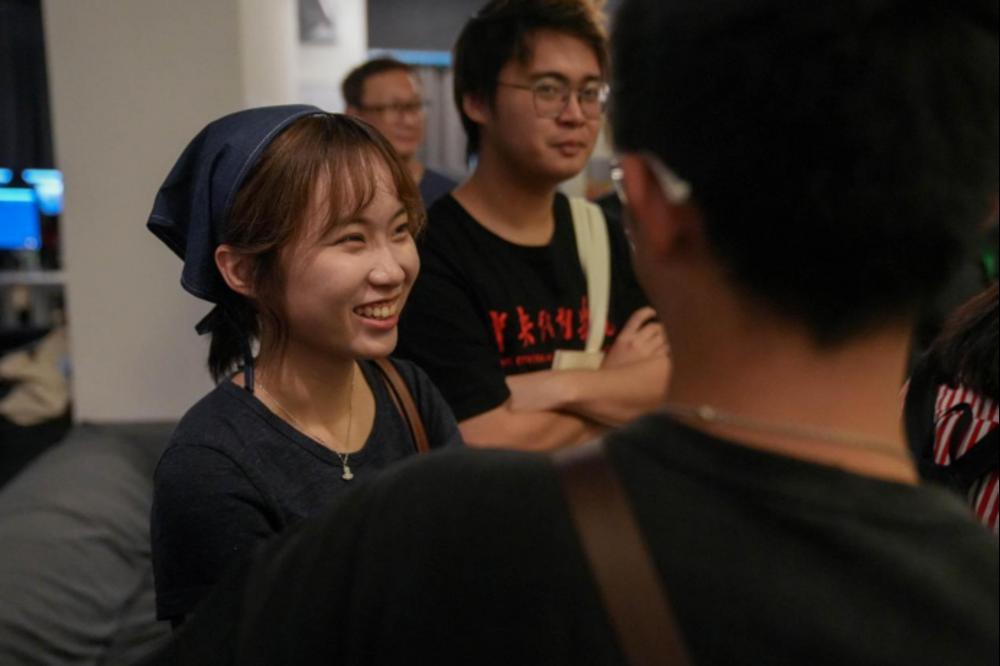
"When I was shooting 'Bring Him Back', I found some elements that resembled the feeling of Malaysia in Jiangmen. And now, being in Malaysia, I sense the traces of Guangdong here. This familiar yet unfamiliar feeling is a fantastic cultural collision and fusion for me.
I spent fulfilling days in Kuala Lumpur. I cherish this opportunity for all of us to come together and exchange ideas about filmmaking, as well as how to promote Lingnan culture. I am grateful for the hard work of the staff behind the Maritime Guangdong Program. Thanks for your work."
So Chak Long, a Hong Kong director of "Migratory Bird":
"I believe that the Maritime Guangdong Program Film Festival is a heart-to-heart exchange between two different audiences. I have discovered that the central theme of this supporting program can truly resonate with many overseas Chinese. Many Malaysian viewers have found a connection within it.
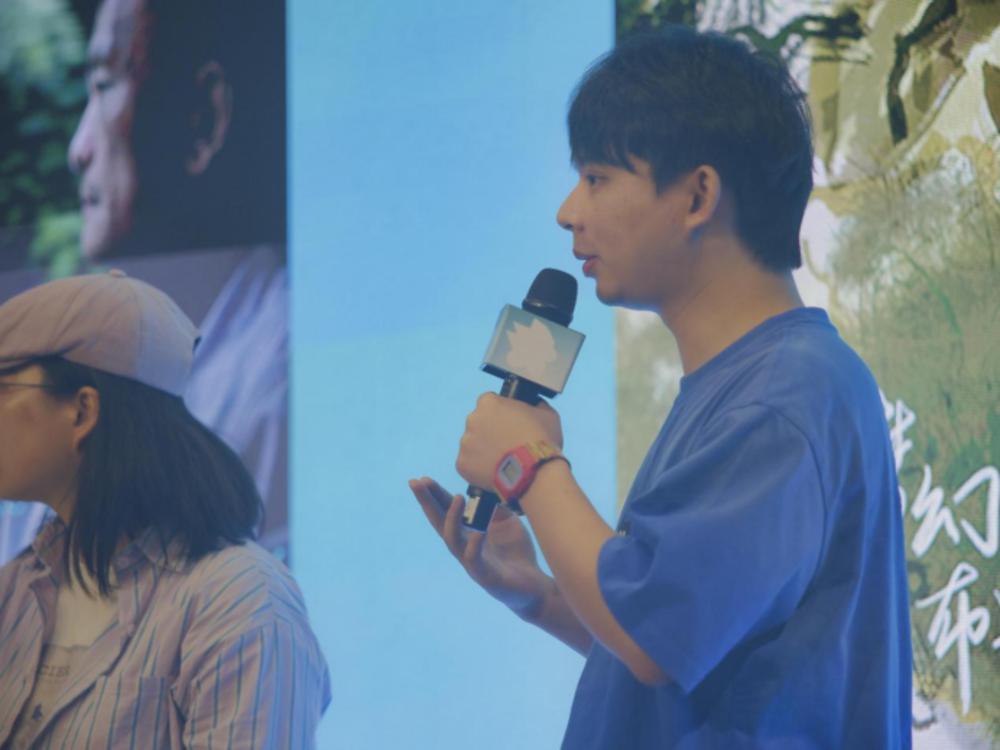
Ever since I joined the program, I have been feeling grateful every step of the way. I recall the time when I presented a rough cut, and my mentors criticized it for having 'unclear information'. However, after making the necessary modifications, I believe that everyone can now easily understand my work. Moreover, the audience can also grasp my personal style through the film, which made me very satisfied."
“山海展映”吉隆坡活动圆满收官:血脉相亲,心灵相贴
这个秋天,由羊城晚报报业集团主办的2023“向山海走去”青年导演创作扶持计划(以下简称“山海计划”)在马来西亚举办“山海展映”系列活动。连续三晚,由“山海计划”支持创作的10部岭南方言短片——《马仔梦露》《游泳课》《锦鲤,锦鲤》《中状元》《家庭旅行》《远洋》《珊瑚她在等》《海水泡的茶是什么味道》《梦幻瓜岭布鲁斯》《The River That Holds My Hand》,在吉隆坡进行世界首映。
“山海计划”的青年导演们亲赴吉隆坡,与马来西亚观众进行面对面交流。相近的血脉、熟悉的语言,两地青年的心随着“山海计划”的影像迅速拉近,紧紧相贴。
文 | 记者 李丽
译 | 陈萱
图 | 阙道华 蔡嘉鸿
-
Maritime Guangdong Program Film Festival rounds off successfully in Kuala Lumpur with short films featuring the depth of history
2023-11-05 23:12:27 -
Guangzhou: "Elderly School" helps seniors bridge the digital divide
2023-11-05 23:12:34 -
Observation | Has Ukraine been forgotten by the US and the West?
2023-11-04 22:34:13 -
High-tech massage chairs at the Canton Fair
2023-11-04 22:31:34






